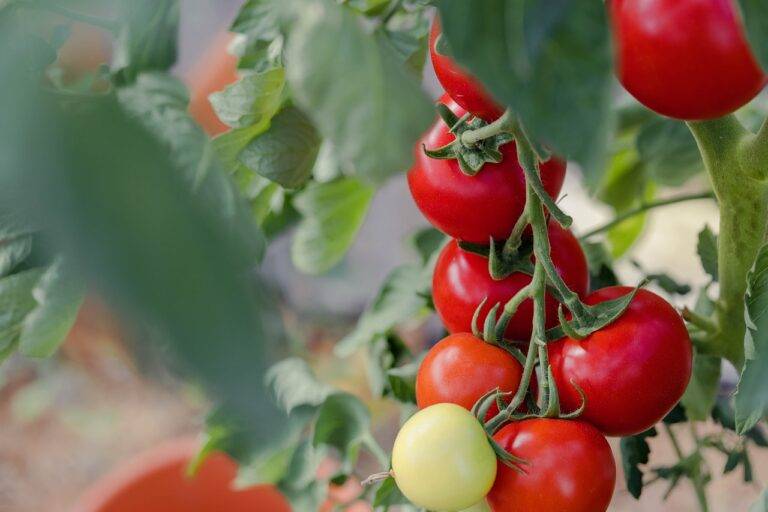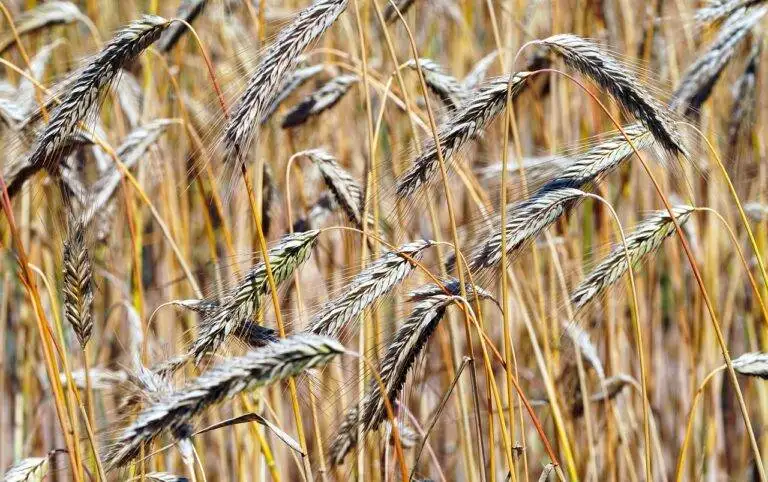The Impact of IoT on Egg Farming Efficiency
99 exchange login password, laser 247 sign up, yolo 247:The Impact of IoT on Egg Farming Efficiency
When it comes to modernizing the agricultural industry, the Internet of Things (IoT) is playing a significant role in revolutionizing the way we farm. From crop monitoring to livestock tracking, IoT technologies are enhancing efficiencies and increasing productivity across the board. And egg farming is no exception to this trend.
In recent years, IoT has been making a significant impact on egg farming efficiency. By incorporating smart sensors, automated systems, and data analytics into egg production processes, farmers can now monitor and manage their operations more effectively than ever before. These technological advancements are not only improving the quality of eggs produced but also leading to higher yields and cost savings for farmers.
In this article, we will explore the various ways in which IoT is transforming egg farming and driving efficiencies in the industry. From smart egg collection systems to remote monitoring of poultry health, let’s take a closer look at how IoT is revolutionizing egg production.
Enhanced Monitoring and Data Collection
One of the key benefits of IoT in egg farming is the ability to monitor various aspects of production in real-time. By using smart sensors and connected devices, farmers can keep track of crucial metrics such as temperature, humidity, water consumption, and feed levels. This real-time monitoring enables farmers to identify any issues or anomalies quickly and take corrective action before they escalate.
Moreover, IoT devices can collect vast amounts of data on egg production processes, allowing farmers to analyze trends and patterns over time. By leveraging data analytics, farmers can optimize their operations, improve efficiencies, and make more informed decisions about their farming practices.
Automated Egg Collection Systems
Traditionally, egg collection in poultry farms was a labor-intensive and time-consuming process. However, with the advent of IoT technologies, automated egg collection systems are now becoming increasingly common on egg farms. These systems use sensors and robotics to identify and collect eggs from the nests, significantly reducing the manual labor required.
Automated egg collection systems not only save time and labor costs but also minimize the risk of damage to the eggs during handling. By streamlining the collection process, farmers can ensure a higher percentage of eggs are harvested intact, resulting in higher quality products for consumers.
Remote Monitoring of Poultry Health
Maintaining the health and well-being of poultry is paramount to ensuring a successful egg production operation. With IoT, farmers can remotely monitor the health and behavior of their birds using smart sensors and monitoring devices. These devices can track vital signs, movement patterns, and even detect signs of illness or distress in the poultry.
By monitoring poultry health in real-time, farmers can take immediate action to prevent disease outbreaks, improve feed and water distribution, and ensure a healthy environment for their birds. This proactive approach to poultry health management can lead to higher egg production rates and lower mortality rates, ultimately increasing overall farm efficiency.
Precision Feeding and Watering Systems
Another area where IoT is making a significant impact on egg farming efficiency is in precision feeding and watering systems. By using IoT-enabled feeders and waterers, farmers can precisely control the distribution of feed and water to their poultry based on individual needs and consumption patterns.
These systems can be programmed to adjust feed and water levels automatically, ensuring that each bird receives the right amount of nutrients and hydration. By optimizing feeding and watering practices, farmers can improve the overall health and productivity of their flock, leading to higher quality eggs and increased profits.
Environmental Monitoring and Control
Maintaining the ideal environmental conditions in poultry houses is crucial to the health and productivity of the birds. With IoT technologies, farmers can monitor and control parameters such as temperature, humidity, and ventilation in real-time.
Smart sensors and automated climate control systems can adjust environmental conditions based on preset parameters, ensuring that the birds are comfortable and stress-free. By optimizing environmental conditions, farmers can reduce energy costs, minimize the risk of disease outbreaks, and improve egg production rates.
Improved Traceability and Quality Assurance
In today’s food industry, traceability and quality assurance are essential aspects of the production process. IoT technologies are revolutionizing the way egg farms track and trace their products from farm to table.
By using blockchain technology and RFID tags, farmers can create a transparent and secure system for tracking the journey of each egg from the henhouse to the consumer. This level of traceability not only enhances food safety and quality control but also builds consumer trust and confidence in the product.
FAQs
Q: How does IoT benefit small-scale egg farmers?
A: IoT technologies can benefit small-scale egg farmers by helping them automate routine tasks, optimize resources, and improve overall farm efficiency. By using smart sensors and connected devices, small-scale farmers can monitor their operations in real-time, make data-driven decisions, and increase productivity.
Q: Are there any upfront costs associated with implementing IoT in egg farming?
A: Yes, there are upfront costs associated with implementing IoT in egg farming, such as purchasing smart sensors, monitoring devices, and automated systems. However, the long-term benefits of increased efficiency, higher yields, and cost savings often outweigh the initial investment.
Q: How can farmers ensure data security and privacy when using IoT technologies?
A: Farmers can ensure data security and privacy when using IoT technologies by implementing encryption protocols, secure networks, and access controls. It is essential to work with reputable IoT providers who prioritize data security and adhere to industry standards and regulations.
In conclusion, the impact of IoT on egg farming efficiency is undeniable. From enhanced monitoring and data collection to automated egg collection systems and precision feeding practices, IoT technologies are revolutionizing the way egg farmers operate. By leveraging the power of IoT, farmers can increase productivity, reduce costs, and deliver higher quality products to consumers. As the agricultural industry continues to evolve, IoT will play a crucial role in shaping the future of egg farming and driving efficiencies across the board.







